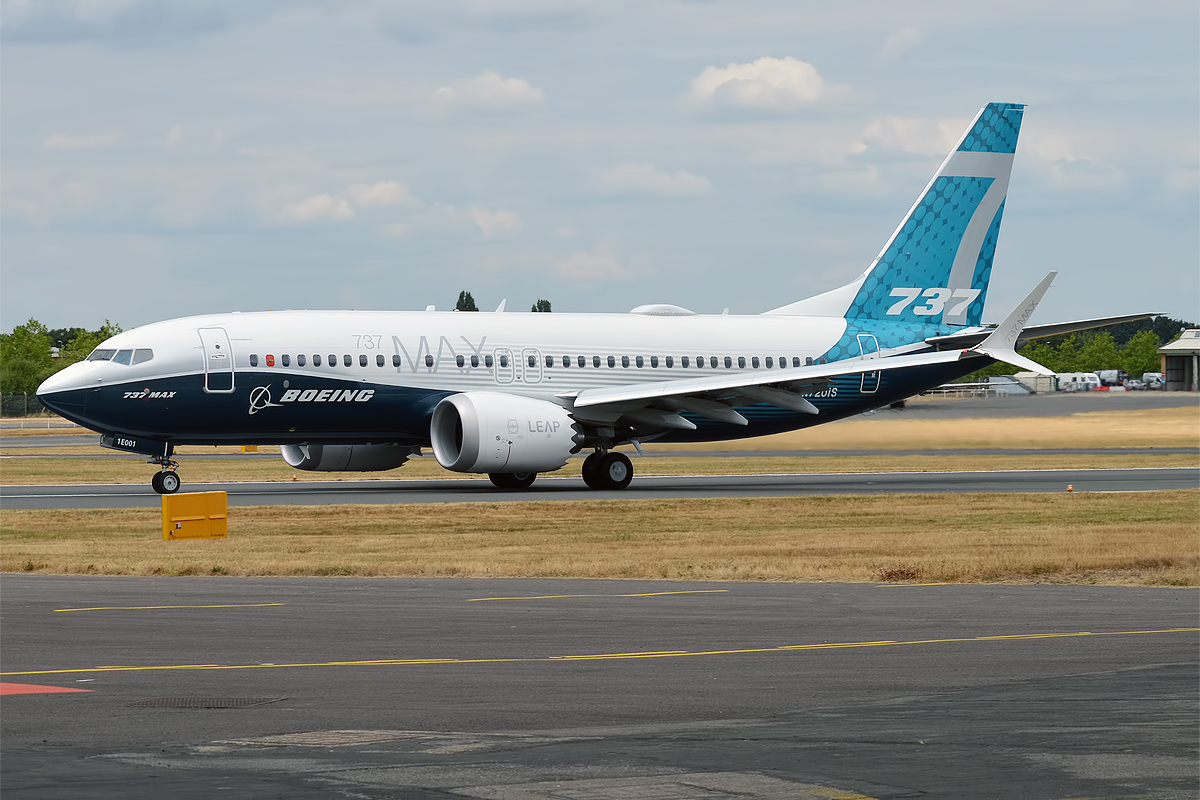
Holden Hopkins is a student at Harvard Law School.
In today’s News & Commentary, unions report “panic mode” in Boeing plant tied to anti-union policies and American Airlines flight attendants prepare to strike.
In the wake of the company’s highly-publicized safety crisis, workers and union officials in Boeing’s largest plant have reported a campaign by managers pressuring workers to cover up quality concerns. The Everett, Washington plant is responsible for manufacturing several planes and for making repairs to the 787 dreamliner—the plane at the center of many of the safety concerns.
Since 2021, those planes have been manufactured in South Carolina—a move which some have characterized as anti-union. Boeing Mechanics in Washington are unionized, while South Carolina mechanics (despite a contentious union organizing drive in 2018) are not. Many of the 787s from South Carolina are flown to Washington for repairs, where mechanics have raised serious manufacturing safety concerns and faced backlash from management. Ultimately, mechanics and their union have placed the blame for the safety crisis on changes to seniority-based management promotion systems and what one union official called a “very robust union-containment strategy” at Boeing.
Amid mediation to reach a new contract for American Airlines flight attendants, the Association of Professional Flight Attendants has instructed members to prepare for a strike. The National Mediation Board, which is overseeing the negotiations, had originally set the end of May as a deadline to reach a deal before issuing an extension on Friday. The union expects that extension to lead to a two-week “last-ditch effort” to reach an agreement. The main issues of contention between the union and the airline have been compensation and scheduling. Should the NMB find that the parties remain at an impasse following the extension, a 30-day “cooling off” period will follow, after which the union has told members a strike may be anticipated.






Daily News & Commentary
Start your day with our roundup of the latest labor developments. See all
February 24
In today’s news and commentary, the NLRB uses the Obama-era Browning-Ferris standard, a fired National Park ranger sues the Department of Interior and the National Park Service, the NLRB closes out Amazon’s labor dispute on Staten Island, and OIRA signals changes to the Biden-era independent contractor rule. The NLRB ruled that Browning-Ferris Industries jointly employed […]
February 23
In today’s news and commentary, the Trump administration proposes a rule limiting employment authorization for asylum seekers and Matt Bruenig introduces a new LLM tool analyzing employer rules under Stericycle. Law360 reports that the Trump administration proposed a rule on Friday that would change the employment authorization process for asylum seekers. Under the proposed rule, […]
February 22
A petition for certiorari in Bivens v. Zep, New York nurses end their historic six-week-strike, and Professor Block argues for just cause protections in New York City.
February 20
An analysis of the Board's decisions since regaining a quorum; 5th Circuit dissent criticizes Wright Line, Thryv.
February 19
Union membership increases slightly; Washington farmworker bill fails to make it out of committee; and unions in Argentina are on strike protesting President Milei’s labor reform bill.
February 18
A ruling against forced labor in CO prisons; business coalition lacks standing to challenge captive audience ban; labor unions to participate in rent strike in MN